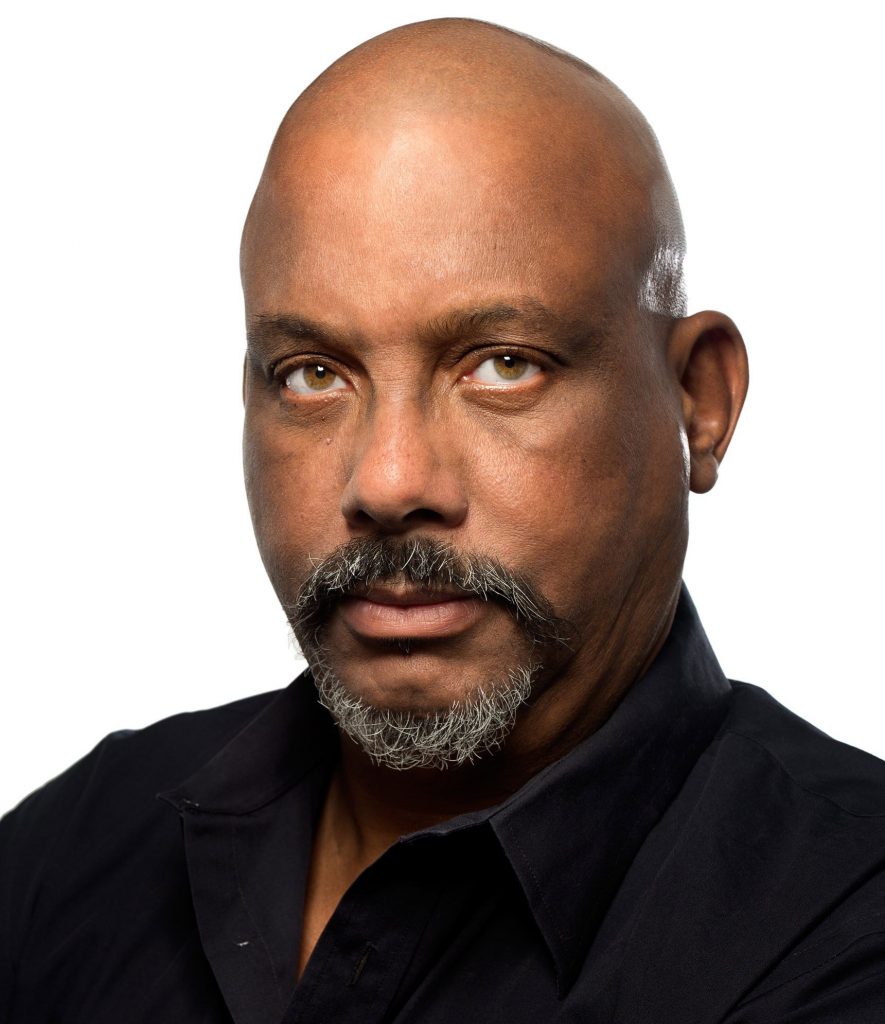What’s next

BitDepth#1251
JUST A BIT less than two decades ago, I showed up for a new job. I took the job for the reasons that most people do: money, a chance to learn and grow, an opportunity to apply what I’d learned to the company’s advantage.
The first two happened, the third did not. The experience was both one of the most harrowing of the employment engagements I’ve experienced and the most educational.
TT is, metaphorically, doing that job now. We didn’t sign up for it. We aren’t enjoying it. But, if we are smart, we can learn from it.
The Prime Minister has appointed a 22-member Recovery Team, which some have dubbed Team Avengers. They are unquestionably experienced, mature representatives of a wide cross-section of the economy.
They are also the wrong people for this job.
The initial response to the group of 22 was that there were not enough women, but what we really need now is the economic recovery equivalent of the X-Men.
Young people with talent are still learning to use their skills meeting the same challenges that the Avengers do, but doing so with an outlook that is informed by the beginning of a career, not its sunset.
The predictable response will be that such a group won’t know what to do.
I submit that today, nobody knows what to do.
The measures required to meet the covid19 spread have been so limiting and so severe that they amount to nothing less than a fundamental culture change. Now Team 22 must imagine an unimaginable future, extrapolating from the little that is known into the unknown.
In a recent panel discussion hosted by Island Innovation, Dr Didacus Jules, director general of the OECS, lamented, “We’ve spoken for years about the need to diversify our economy, but we’ve allowed ourselves to go for the lowest-hanging fruit and the easiest opportunities.
“We’ve ended up with a mono-service economy. There is opportunity for a more diversified economy with strong intersectoral linkages.”
Jules might have been talking about TT, but he is really talking about the Caribbean, which went swiftly from being a raw-material supplier to colonisers to an enthusiastic consumer of First World-produced goods.
Jules specifically called for shorter, more regionally focused value chains, essentially a rethinking of Caricom as an economic sector and not just a fragile political coalition.
At the same discussion, Ludmilla Duncan, an MP in St Maarten, painted a similar picture of the economy of that nation, which has 42,000 residents occupying 13 square miles.
“How can we move away from being a one-pillar economy?” Duncan asked. “Covid19 has forced us to rethink how we see ourselves as a country.”
The very urban Dutch nation is now considering agriculture.
The Caribbean will also have to start thinking about itself differently.
Conor O’Dea, chairman at Cayman Finance, Cayman Islands, worries about growing youth disenfranchisement and the need to stimulate direct foreign investment.
“We need to bring talent and capital back to rebuild the region,” O’Dea said.“But the red tape in the Caribbean is unreal."
Small island states are beginning a conversation about more meaningful economic integration.
Is the Recovery Team ready to shed old models of trade to embrace the potential of robust regional economic integration? Will TT take the lead in leading Caricom from fractious to economically integrated?
When I left my last job, I’d spent a year planning what I would do next. No plan survived the reality on the ground. The market had changed. I had to adapt. That’s where we are today.
Mark Lyndersay is the editor of technewstt.com. An expanded version of this column can be found there


Comments
"What’s next"